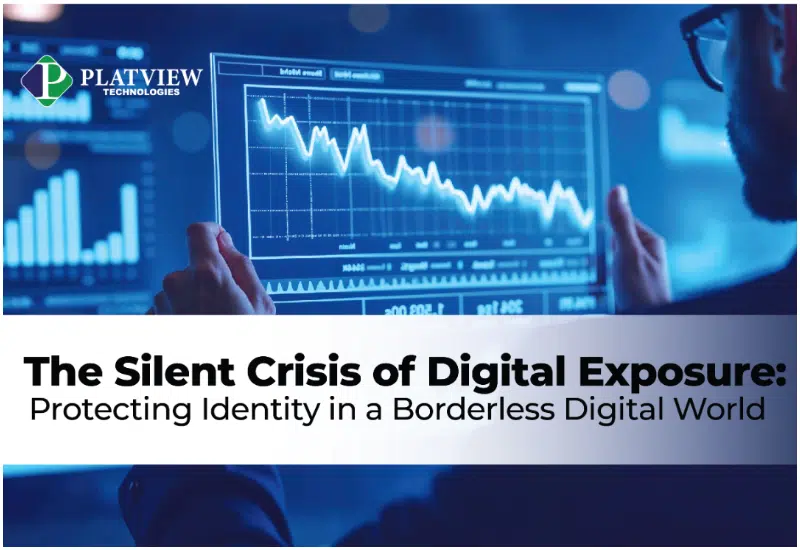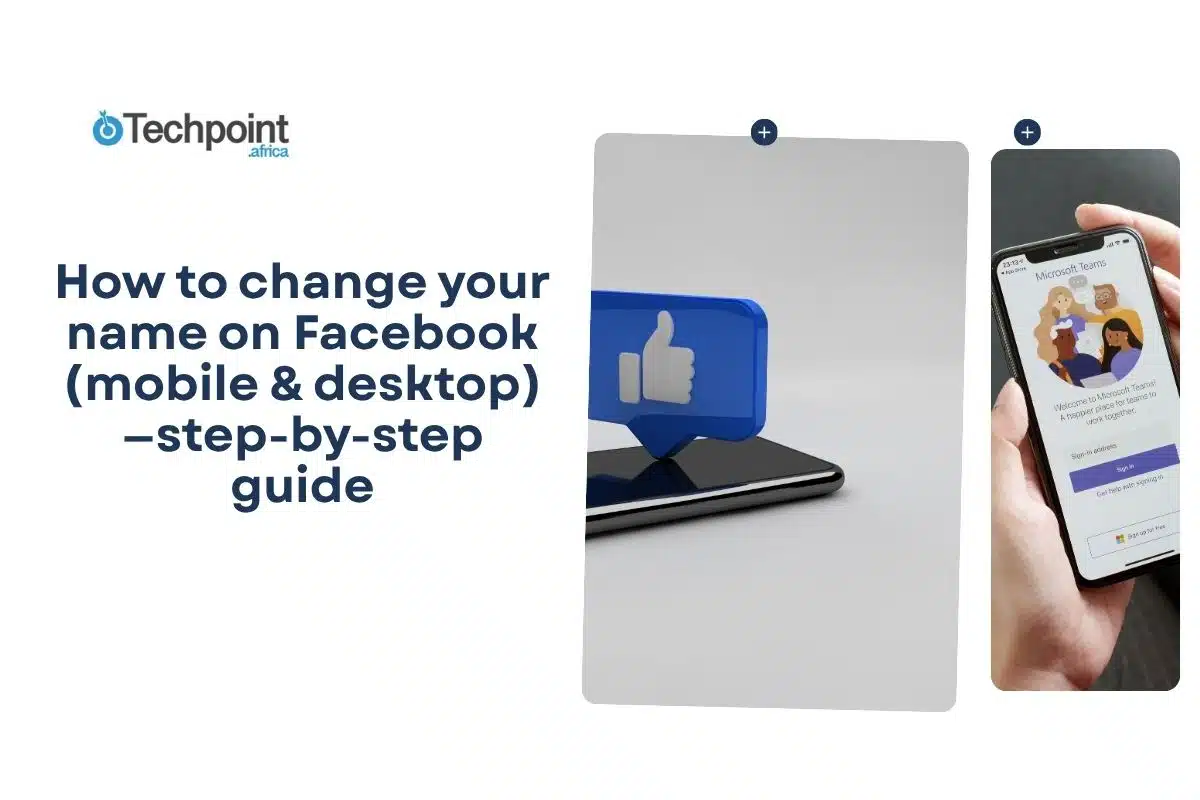The news
- Egypt’s telecoms committee head has called for TikTok to change its moderation practices within three months.
- The move could affect local content creators who rely on the platform for income and visibility.
- Egypt joins a growing number of African nations demanding more control over foreign tech platforms.
Egypt has reportedly given TikTok a three‑month deadline to comply with national laws and cultural norms or risk being banned from operating in the country, according to Ahmed Badawi, a member of the House of Representatives’ Telecommunications Committee.
Badawi stated that the directive had been issued during a meeting with members of the telecommunications committee, the CEO of TikTok Egypt and North Africa, and the head of the National Telecommunications Regulatory Authority (NTRA). The social media platform reportedly agreed to tailor its content to suit Egypt’s socio-cultural nuance.
The announcement signals increasing governmental oversight on global tech platforms, especially those operating in regions with conservative social structures.
For Egyptian creators, the prospect of a ban is troubling. TikTok has become a major platform for content creation, monetisation, and self-expression, especially among youth. If moderation policies shift dramatically, or if the app is banned altogether, thousands of local influencers could lose their digital presence and source of income.
This isn’t an isolated case, though. Egypt’s call for regulatory compliance mirrors a wider African trend. Countries such as Nigeria and Kenya have also been vocal about requiring tech platforms to follow national laws and cultural norms. In some cases, these include demands for local offices, data localisation, and even content takedown compliance.
TikTok’s rapid growth in Egypt, particularly among younger users, has positioned it at the centre of debates around culture, censorship, and online safety. Critics argue that some content on the platform clashes with Egypt’s moral codes, while creators say such criticism is exaggerated to justify tighter control.
The fallout could be severe for micro‑influencers and emerging creators who rely on TikTok to connect with audiences, build brand deals, and access international opportunities. A sudden disruption could fracture Egypt’s growing digital economy and stall what has been a promising creator ecosystem.











